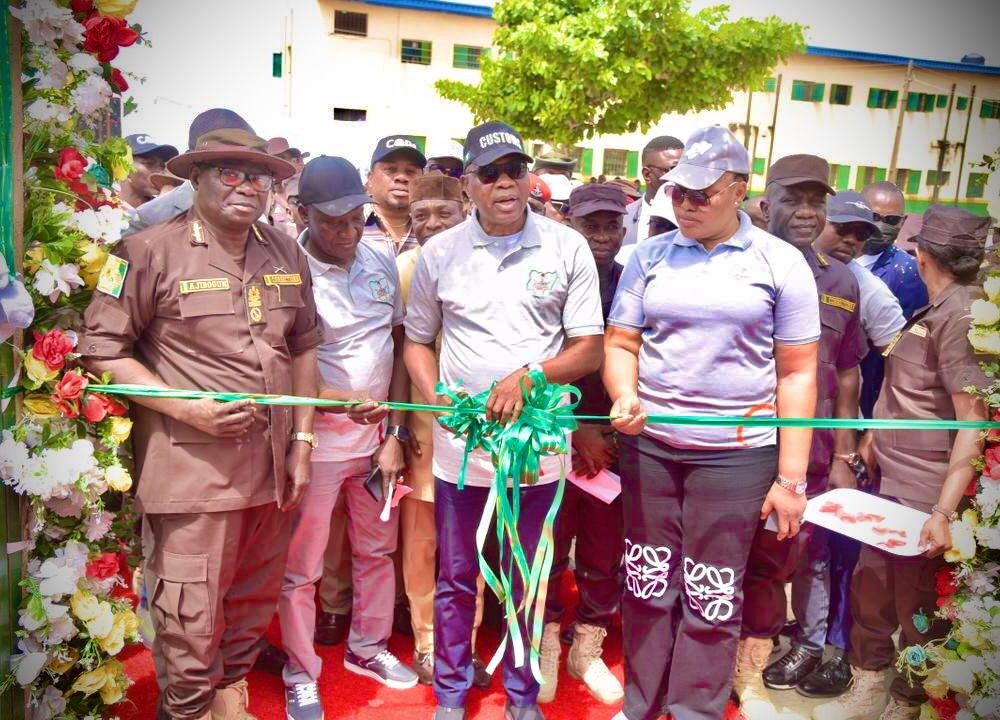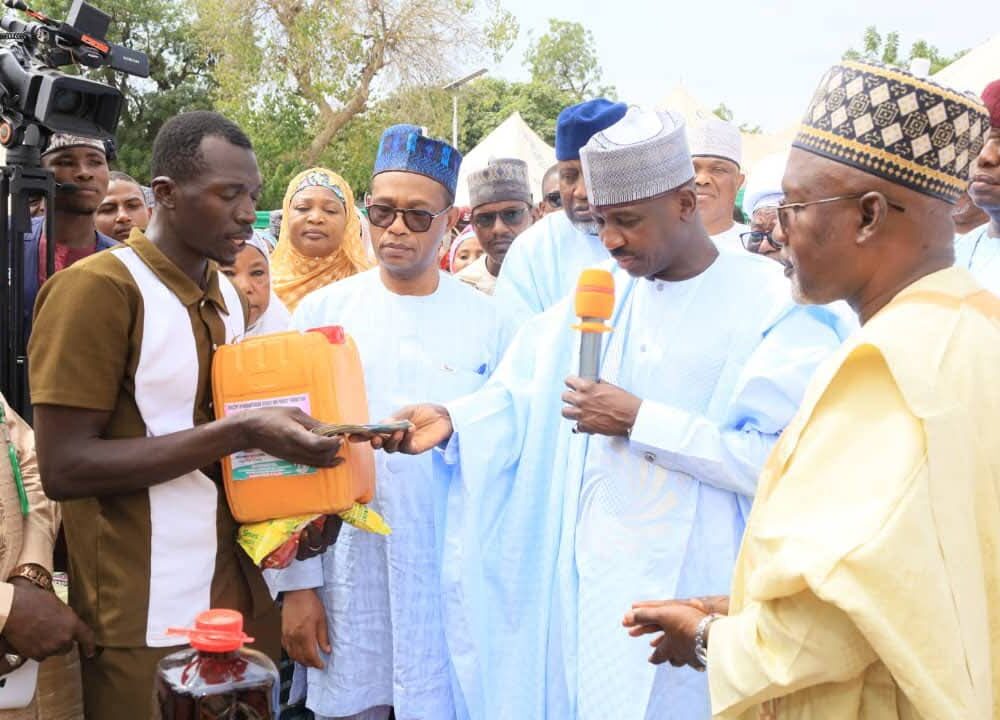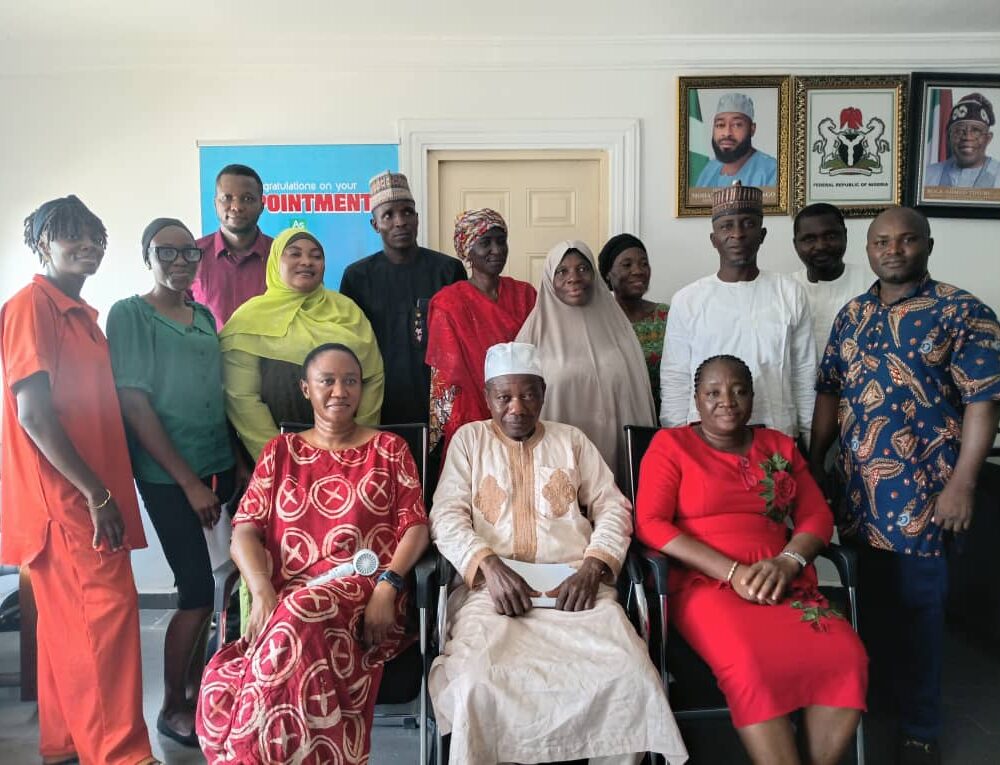Technology company, Huawei, has launched Tech4Nature, an initial 3-year program aimed at using digital technology innovation to aid nature conservation in partnership with the International Union for the Conservation of Nature (IUCN).
The project, launched at a hybrid event entitled ‘Tech4Nature: an innovative technology partnership for conservation’ impact was held at the IUCN World Conservation Congress (WCC) 2021 in Marseille, France. Huawei and IUCN introduced the global Tech4Nature project and shared the current status of some country projects with the Congress in-person and on-line audiences.
Catherine Du, Huawei’s TECH4ALL programme Director said at the event, “In the face of the global challenges of climate change and biodiversity loss, Huawei believes that ICT can play an important role in addressing environmental issues. This is the vision we share with IUCN and our partners: technology is an enabler of environmental protection.”
TECH4ALL is Huawei’s long-term digital inclusion initiative that aims to leave no one behind in the digital world. In the environment domain, TECH4ALL focuses on safeguarding biodiversity. To date, the project has worked with partners like IUCN and Rainforest Connection, as well as many local partners, to apply digital technologies, such as telecommunications networks, IoT, cloud, and AI, to protect forests, oceans, and wetlands in 22 protected areas.
As the world’s largest environment and nature conservation conference, the World Conservation Congress is held every four years and attended by all of IUCN’s 1,400+ government, civil society and indigenous peoples’ Member organisations. Participants share the latest insights, experience, practices, innovations, and research in the field of nature conservation and sustainable development, and build new partnerships.
“By 2023, the Tech4Nature partnership will enable more than 300 protected areas worldwide to achieve successful conservation outcomes through the appropriate use of technology and digital connectivity, aligned to an IUCN global Standard for fair and effective protected and conserved areas – the IUCN Green List.
“This support will be explored and showcased through a select number of flagship protected areas and nature conservation activities for diverse ecosystem types, including mountain, wetland, coral reef, tropical forest, temperate forest, and for flagship species as well as ecosystem services.
“Tech4Nature has developed 5 flagship demonstration sites around the world. These sites will use innovative digital technology solutions, including smart devices, digital connection, and AI, to achieve measurable improvements in protected area management and nature conservation, including for iconic wildlife and representative ecosystems, as evaluated through the IUCN Green List certification process, ” Huawei said in a statement.
While sharing current status of some of their projects, Jin Wenjia from the IUCN China Country Office states, “Tech4Nature uses digital technology to conduct acoustic monitoring and research on one of the world’s most endangered primates, the Hainan gibbon (only 35 remain), in Hainan Tropical Rainforest National Park in China, to develop more effective conservation measures.”
Ruedi Haller, Director of the Green List certified Swiss National Park says Tech4Nature can enable additional technology solutions in a park that already deploys considerable technology. “Tech4Nature will explore improved connectivity and AI analysis to help automate some data transmission and wildlife monitoring, and test blockchain technology to verify and validate carbon sinks in national parks. This can aid the Swiss National Park to maintain its excellence in technology solutions helping achieve successful conservation outcomes.”
Nadeem Nazurally, President of Ecomode Society, a partner from Mauritius, said Tech4Nature is using underwater cameras to monitor threatened coral reefs in real-time to protect and restore 5 hectares of the coral reef ecosystem in Mauritius, in accordance with the IUCN Green List Standard.
Arnau Teixidor from IUCN’s Centre for Mediterranean Cooperation office said it is planning a pilot project to use digital technology to help four national parks in Spain identify tourism management needs and assess technological solutions for cost-effective monitoring of high tourist visitation that can affect conservation outcomes in the parks.
James Hardcastle, Associate Director of Protected Areas Programme at IUCN says, “This diversity of protected and conserved areas from countries around the world, and the exploration of appropriate technological solutions with a variety of partners, demonstrates the innovation and partnership potential of both the Tech4Nature initiative and the IUCN Green List community.”





